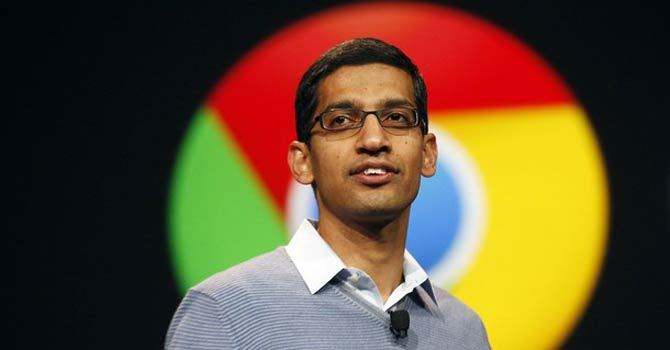Sundar Pichai, a senior Google vice president, has announced that the internet giant is planning to send solar-powered drones into the sky this year as part of a long-term plan to offer universal internet access.
The notion that you can run these things to scale sounds like science fiction– Sundar Pichai, Google vice president
The lightweight aircraft will act as very low orbit satellites and will be capable of providing internet access to areas that are presently without any service, or boost bandwidth to those that have only restricted access.
Google bought a New Mexico drone company called Project Titan for an undisclosed amount in May last year after Facebook expressed also interest in the company. Facebook bought UK drone manufacturer Ascenta for $20m in 2014.Â
Google is also pioneering Project Loon, which involves sending balloons into the stratosphere to serve as floating cell towers. Loon is able to cover greater areas then Titan, which has a narrower range, but the two services are expected to complement each other.

Sundar Pichai, senior Google vice president (Google)

Loon also plans blanket internet coverage and is designed to connect people in remote areas.Â
Speaking of Loon, Pichai said: “When I first heard the idea, I thought it was a crazy idea, and these balloons are really big. Â
“The notion that you can run these things to scale sounds like science fiction, but we will see a lot of progress in the next few years where we can turn it into a real service for users.”Â
Google has long-term plans to bring internet access to the 4 billion people in the world who are currently without it. The company has not specified when this year the drone project will be launched.Â
Photograph: A Project Titan solar drone (Project Titan)






